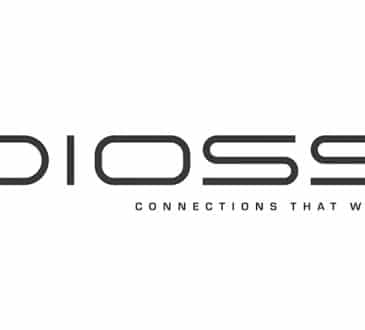What defines us — and what we want to be defined as

We didn’t really have a formal ‘culture’ for the first…many years of our existence. I had a sort of sense of what I wanted us to look/feel/behave like, but it was never committed to paper, never repeated out loud/with any frequency, and as such was basically left to the interpretation of staff and external collaborators to really define.
I was exposed to the concept of EOS (Entrepreneurs Operating System), which is a small business management approach that really takes into account people, process and profit—and how they intersect. The foundational premise of the approach is establishing CORE VALUES, which I had previously thought of as a very “crunchy” concept that didn’t have anything to do with our P&L.
In taking the time to understand what being very intentional/thoughtful around our values was all about (in short order, it not only helps define how you hire, but who you work with (partners and clients), and critically, how to navigate difficult situations of all stripes), I learned that SO MANY of our previous problems were a direct result of not having our values codified and followed carefully in every aspect of our business.
So we spent numerous sessions brainstorming, thinking about what defines us—and what we want to be defined as. One rule of thumb is to think about the BEST member of the team—what makes them the best? If you had an organization full of them, imagine what that could do for you.
We try to define who we are by the best attributes they bring, and if done properly, this will attract more of the same.
It led to a collection of themes that we feel best represent who we are, who we want to be, and who we want to work/align ourselves with.
Here’s where we landed:
- Accountability
- Integrity
- Creativity
- Empathy
- Personal Development
- Authenticity
Again, these are themes that not only apply to who we want representing our organization, but who we choose to work with (from clients to vendors to collaborators). The multiple applications absolutely makes it harder to boils things down, but it also makes for a much more straightforward effort when deciding if a key decision aligns with our values from any number of angles.
Quick anecdote, a key member of our team recently relayed this story to me:
“Hi Daniel, In a session with a student, he has some thoughts on tutoring: ‘You need empathy to tutor. I think it is more important than understanding the material and being able to communicate it. Because there is always going to be someone who is going to struggle and you have to know that and then you have to help them work through it. So that is why empathy is the most important trait even over being smart or knowledgeable.’ He thinks we do a good job. He did jokingly add in, “It’s why I HATE you of course” for laughs… Thought this was something you’d like to hear about since it’s the root of our core values.”
The (not) veiled message here: it’s one thing for us to say it amongst ourselves, or highlight it in our literature (Core Values has its own page very close to the front of our website), but when the people we are here to support recognize it in the way we perform our duties—that’s one of the better indicators that I use to know we’re on the right track.
From a bottom line POV, we have so far experienced a 40% increase year on year—which I am still blown away by. Just as importantly, though, is the QUALITY of our business (in terms of WHO we work with, HOW we work with them, WHAT we do in terms of establishing (and exceeding) expectations for our staff and clients) has improved dramatically.
Granted, those results are not solely a function of us deciding to pay more attention to our Core Values—but they are very indirectly (and in more than a few cases, directly) related to decisions we’ve made and efforts we’ve put forth as a function of both the process to codify and the on-going reality of living these.
My (unsolicited) advice to others who might consider changing their own culture is the sooner the better—every day that goes by with the old approach translates to a significantly larger amount of additional time that will be spent untangling the mess.
It’s one of those things that really does take leadership from the top to enact, will almost definitely lead to push back and discomfort from folks across the organization, and might result in the short term loss of people and business.
On the other side, though (if done right), it’s clear sailing, and well worth it.
Written by Daniel Koffler.
Add CEOWORLD magazine to your Google News feed.
Follow CEOWORLD magazine headlines on: Google News, LinkedIn, Twitter, and Facebook.
Copyright 2024 The CEOWORLD magazine. All rights reserved. This material (and any extract from it) must not be copied, redistributed or placed on any website, without CEOWORLD magazine' prior written consent. For media queries, please contact: info@ceoworld.biz








